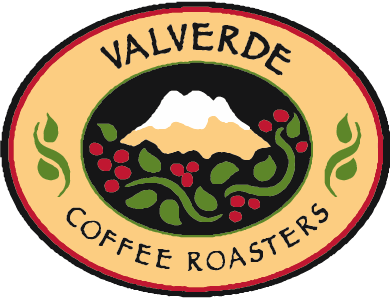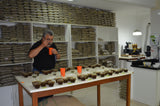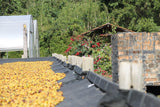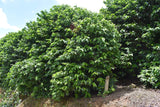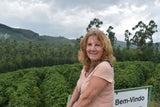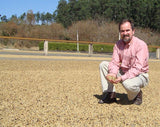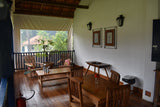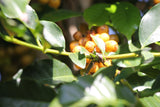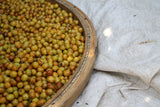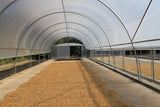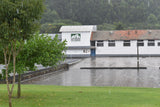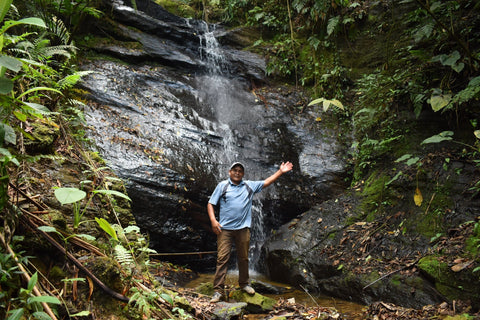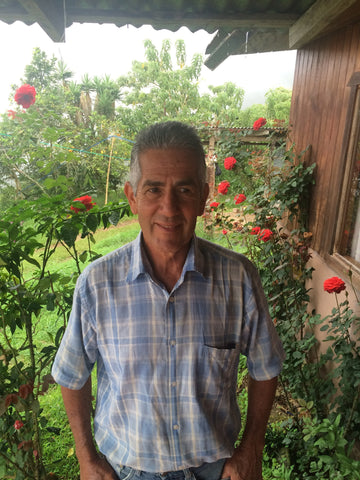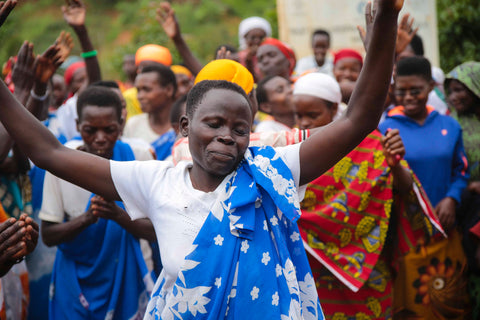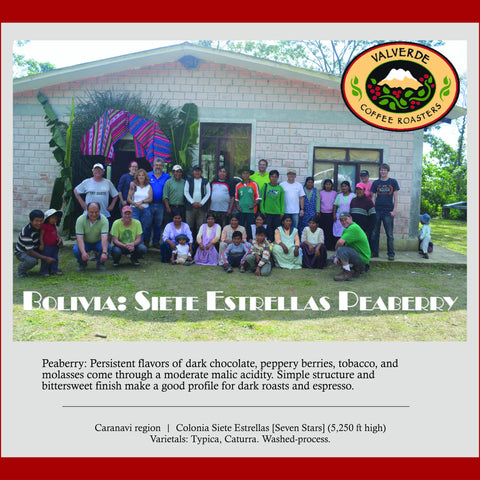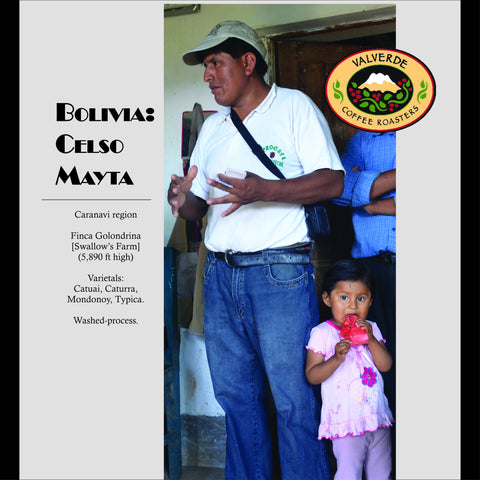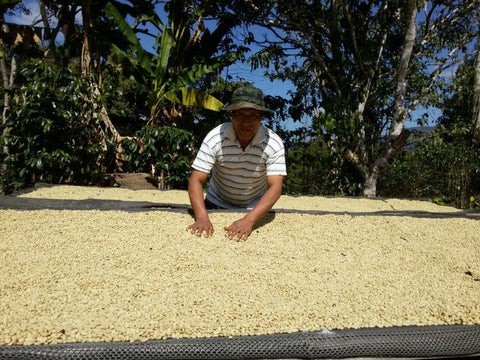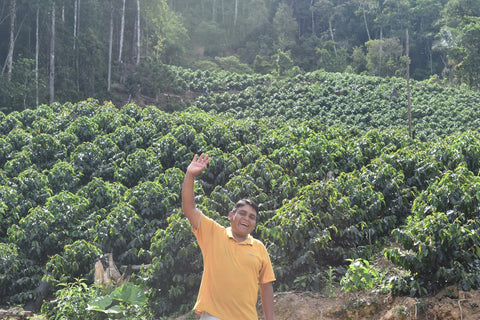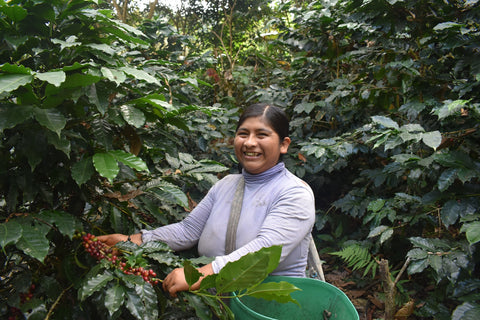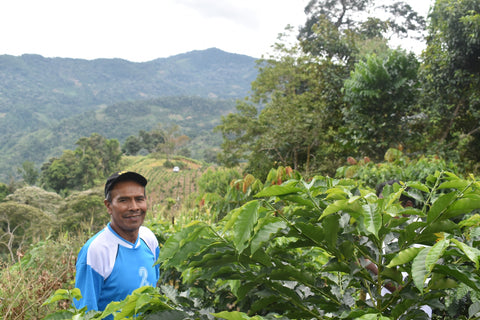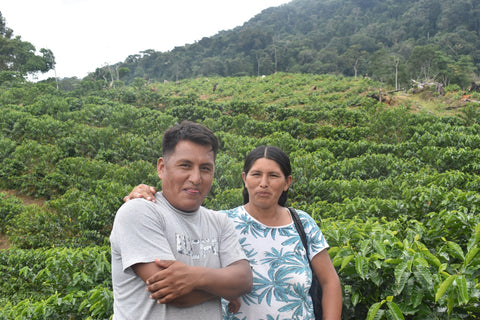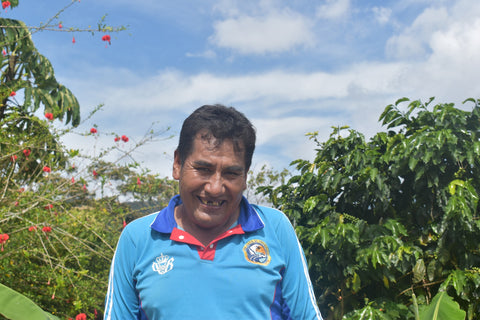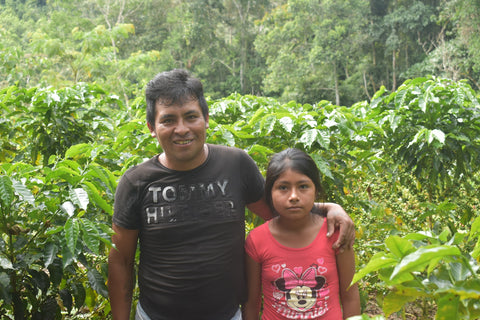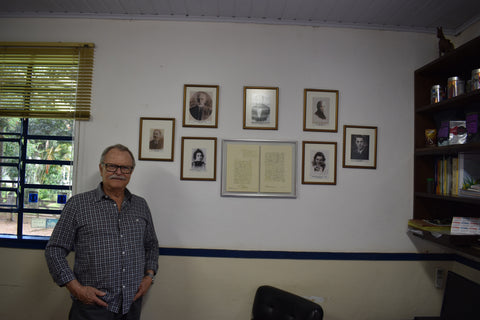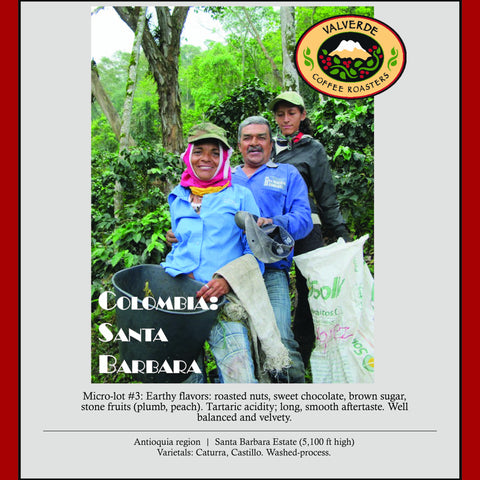House Roast: Fazenda Cachoeira da Grama: Pulped Natural AAA (Brazil). NEW!
| Origin | Brazil |
|---|---|
| Region | Alto Moggiana region, Sao Paulo state |
| Farm / Coop | Fazenda Cachoeira da Grama |
| Altitude | 3,475 feet |
| Varietals | Yellow & Red Bourbon (70%), Mundo Novo (20%) Canario (10%) |
| Processing | Honey / Pulped Natural |
| Certifications | UTZ, BSCA |
| Cup Notes | 84.5 points. AROMA/FLAVOR: Dark chocolate, almond, herbal. ACIDITY: mild malic (apple). OTHER: Strong flavor, creamy aftertaste, very well balanced. |
This coffee was processed using the pulped natural, or "honey method", combining wet and dry processing techniques for a unique flavor profile that is hasrd to forget..Theses coffee beans were processed using the "pulped natural" or "honey" method --a combination of the 'wet' and 'natural' drying processes. It comes from Fazenda Cachoeira da Grama in the well-known Alto Mogiana region of Sao Paulo State in Brazil. The farm's coffee has been one of the finalists at Brazil’s Cup of Excellence in 1999, 2000, 2002, 2004 and 2005. As with all of our coffees, we sourced these coffee beans directly from the farm.Fazenda Grama (for short), currently managed by Bourbon Specialty Coffees, still grows its flagship varietals: Yellow & Red Bourbon. It processes coffee using both Natural (patio dried) and Pulped Natural methods. Nelson visited the farm in June of 2017, and then again in March 2018 with Eleni, cupped many samples, discussed coffee production with farm management and met with some workers while walking the coffee plantations.
Fazenda Grama has been in the Carvalho Dias family since 1890. It was inherited by Lindolpho de Carvalho Dias, who with his son Gabriel de Carvalho Dias managed the property. The farm is located 3 miles from the Minas Gerais state line and has mountainous characteristics found in the Alto Mogiana and Sul de Minas aereas. On this farm everything is done manually, which includes coffee plantation handling and harvest, since its topography does not allow any kind of mechanization.
Social and environmental sustainability is considered very important farm management. Lindolpho de Carvalho Dias developed a program of planting native species in order to keep heirloom varieties. The farm has a school, a club and a regulation-size soccer field for the employees' benefit. There are 47 houses for the employees and their families, all with modern facilities. The wastewater is treated to avoid polluting the stream that runs across the farm. The altitude is between 1,100 and 1,250 meters (3,410 to 3,875 feet) above sea level and the precipitation is between 1,800 and 2,000mm per year with an average temperature of 19ºC (66.2 ºF). Ideal growing conditions for coffee.
Coffee is picked manually with a cloth on the ground to avoid the beans having direct contact with the soil. Coffee processing is done quickly to avoid any kind of un-managed fermentation, the coffee is transferred directly from the field to the wet mill where the green and mature beans are separated from the dry ones. Thereafter, the dry, black beans are taken to the patio to be dried and the mature ones are pulped and separated from the green.
The pulped coffee is dried on elevated beds and covered patios until the beans reach 20% of moisture. The next step is to use the mechanical driers to reduce the moisture to 11%. Afterwards the lots are rested (reposado) in a wooden warehouse with controlled moisture.
The dedicated observer can easily see that coffee from the Grama Farm is the result of dedication and care during all the phases of coffee production, from the selection of seedlings, management of shrubs and trees until harvest and processing. The perfect recipe for very good Specialty-grade coffee
Check out the area around award-winning Fazenda Grama, in the Alto Moggiana region of Brazil for yourself, here:
View Larger Map
90+ Find: Kinyovu Washing Station (Burundi) Matango Microlot. COFFEE REVIEW: 92 POINTS!!
from $ 15.99
88+ Find: Siete Estrellas Community Peaberry (Bolivia). Perennial favorite. LOWER PRICE!
Regular price $ 95.00 from $ 14.99
